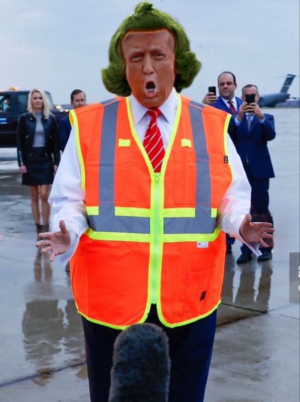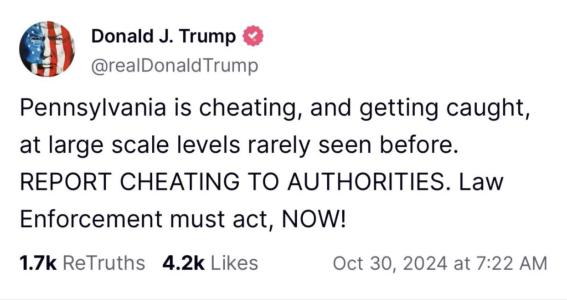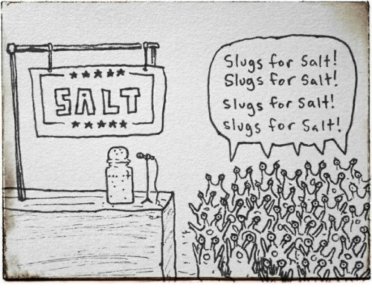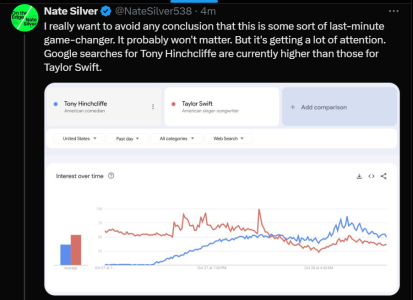In light of yesterday's reporting in the Netherlands on their intelligence agency detecting through a backdoor in their network that Cozy Bear (Russian hacker group) executed the DNC breach and were transfering documents, it reminds me of how little transparency and information in general we have from our intelligence agencies. And our military as well.
I can guarantee most people can't even name our 2 intelligence agencies. We have a civilian intel agency and a military one.
The
civilian intelligence agency is referred to as the
VSSE, with the first 2 letters standing for "
State security agency" in Dutch, the other 2 letters meaning the same but in French, our secondary national language.
This agency operates under the authority of the DOJ. They have 4 main tasks as described in the 1998 intelligence services law.
- Gathering of intelligence that could threaten domestic or foreign national security
- Providing intelligence and security for individuals selected by the Minister of Interior/Domestic Affairs. This usually means foreign leaders, diplomats, ...
- Conducting investigations they are entrusted with such as investigating security clearances
- "All other tasks they are entrusted with" is what the 1998 law literally describes as the agency's 4th primary task. We know that processing firearm permits fall under this but other than that there isn't much information available
As for oversight, the agency operates under the DOJ's authority as mentioned earlier but a committee on intelligence agencies provides the main oversight, generally referred to as
Committee I.
Committee I is an external body similar to our external police oversight body (Committee P) and all of its members are appointed by parliament.
Contracy to what you may expect of an intelligence agency they actually didn't have much power until 2012. For example, before the passing of that law they had no (legal) ability to conduct "espionage activities", a collective term for activities such as phone tapping, using bugging equipment, undercover infiltrations but also executing property searches. They could not do any of those things, at least not by any legal means. As you can imagine this led to some frustration within the agency and claims that they did not have sufficient powers to fulfill their 4 primary tasks efficiently. Parliament agreed and in 2009 the Senate approved an intelligence bill that granted those powers to the intelligence agencies. However it did not pass that year due to criticism from within the parliament that the bill did not provide them with sufficient oversight. In typical Belgian fashion, the bill ended up taking
3 years to be rewritten and passed.

There is also the
military counterpart to this civilian intelligence agency of course. This agency is referred to as
ADIV which stands for general intelligence and security agency. We don't even know that much about the civilian agency but the ADIV leaves us in the dark almost entirely. They run on a
black budget with zero transparency. Not just a separate black budget for classified activities they want to keep off the books but the
whole agency operates on a black budget. There is very little information available about what this agency does, how they do it, how many people they employ, where they are employed, ...
Unlike their civilian counterpart, this agency operates in foreign countries as well. But again, very little is known about those activities. 2014 was actually the first time the agency disclosed
anything about their foreign activities. Top officials at the agency disclosed in a lengthy interview with one of our newspapers that the ADIV always had at least several individuals stationed in all countries where Belgian military troops were stationed. The officials described their largest foreign missions having taken place in Croatia, Bosnia, Congo, Albania, Afghanistan and Lebanon. It is not clear what those missions involved.
Towards the end of the interview, they were asked about current activities and stated that their most important activities were taking place in Afghanistan, Mali and Lebanon to provide intel and security for Belgian troops.
To the best of my awareness this was also the last time the agency publicly disclosed anything of such nature. We can assume that wherever Belgian troops are, so is the ADIV but that's about it.
Oversight of the ADIV agency is essentially the same as for the VSSE, its civilian counterpart. The external oversight body (Committee I) provides oversight for both.
Like the VSSE, the ADIV's primary tasks are also described in our intelligence agency laws, though their descriptions are a bit vague.
- "Protecting the inviolability of national territory"
- Protecting military defense plans and strategies
- Protecting the fulfillment of military assignments
- Providing security of Belgian officials and troops abroad or for "any other fundamental national interest"
Advised by the Ministerial Committee on Intelligence and Security, our king also passed a Royal Decree that gave the ADIV 2 other primary tasks.
- Providing security for the DoD Minister's staff and protecting the military security of everything involving military intelligence, equipment, plans, documents, weapons, munition, technology, ...
- Maintaining and protecting the secrecy rules governing all of the above as well as any security investigations they are entrusted with
In short, keeping literally almost everything under wraps, even things I would call pretty insignificant such as ammunition numbers.
They do this with great success as we know almost nothing about the agency's activities and what we do know is either from the laws governing them or public disclosures dating back at least a few years ago. The most recent public disclosure I can think of was the addition of a special division in 2015, the Cyber Security Operations Centre (CSOC) and that they were looking for ~24 computer experts for positions in the new division. However that's basically the extent of information available about the CSOC. It's unclear what kind of activities they handle, the current scale of the division or its employee numbers.
The VSSE can only operate domestically so while the ADIV can do so as well, they tend to focus more on activities outside of the scope of VSSE activities to prevent unnecessary overlapping.
At this point I'm pretty confident I know a whole lot more about the US intelligence agencies' activities than whatever it is that ours are doing. It has its pros and cons; on one hand there appear to be virtually no leaks and certainly no transparency so whatever they want/need to keep secret stays that way. On the other hand we have one of if not
the most secretive military and intel agencies of any of our EU neighbors and the public is kept in the dark. It's hard to tell if we should hold our military or intel agencies accountable for something if we have no information about their activities in the first place.



































